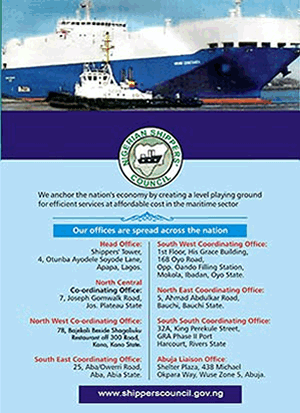

The number of Nigerians registered in the National Identification Number (NIN) database rose to 118.4 million in March 2025, the National Identity Management Commission (NIMC) has confirmed.
This marks an increase of about one million from February’s figure of 117.3 million, indicating sustained momentum in the country’s digital identity drive, according to the Commission’s latest monthly update.
Lagos remains the state with the highest number of enrollees at 12.7 million, followed by Kano with 10.4 million and Kaduna with 6.9 million. Other top-performing states include Ogun (4.9 million), Oyo (4.5 million), and Katsina (4 million). The Federal Capital Territory (FCT) recorded 3.8 million, Rivers 3.5 million, Delta 3.2 million, and Jigawa 3.1 million.
In contrast, Bayelsa recorded the lowest enrolment with 767,620. Ebonyi followed with 999,991, and Ekiti with 1.1 million. Others with low enrolment figures include Cross River, Taraba, and Yobe with 1.4 million, 1.7 million, and 1.8 million, respectively.
Gender distribution in the data showed a gap, with 66.9 million registered males compared to 51.5 million females, representing 56.5 per cent, 43.5 per cent, respectively.
Despite the progress, Nigeria is still behind on its target. The country missed the June 30, 2024, deadline set by the World Bank to register at least 148 million people. This led to a two-year extension of the World Bank-backed Digital Identity for National Development (ID4D) project, now set to close on June 30, 2026.
“The extension provides an opportunity to address existing gaps and to ensure that no Nigerian is left behind,” the World Bank stated.
“A trusted and inclusive ID system is foundational for effective governance, service delivery, and social protection.”
The ID4D project is co-financed by the World Bank, the French Development Agency (AFD), and the European Investment Bank (EIB), with a total funding commitment of $430 million. The funding aims to support the development of a robust and secure digital identity infrastructure for Nigeria’s estimated 220 million citizens.
The NIN is now a key requirement for accessing several government and financial services, making enrolment a critical step toward digital inclusion
ADVERTISEMENTS:


















2025-04-17
2025-04-17

